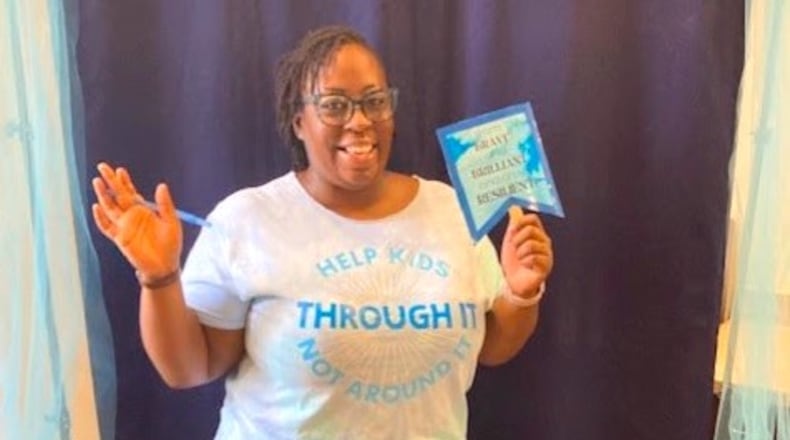By now you’ve heard about the emotional challenges our nation’s youth are experiencing from social media exposure and the results of pandemic isolation. Children’s Healthcare of Atlanta is concerned too – not only with your child’s medical needs, but with your child’s physical and emotional wellness. Through a program called Strong4Life, CHOA is helping families and caregivers raise healthy, safe and resilient kids.
“We have various trainings we conduct with pediatricians, schools, early care centers, faith-based organizations and partners in the community like YMCAs and boys and girls clubs,” said Jody Baumstein, licensed therapist with Children’s Healthcare of Atlanta Strong4life. “We train these groups on our core messaging and give them resources and materials to support mental health and to build resilience.”
Strong4Life is also collaborating with communities to create programs like the Raising Resilience through Nature signage program in partnership with Live Healthy Gwinnett reported in the AJC this past Nov. Or a new campaign about to expand from a pilot program in Dekalb that partners with libraries for Building Resilience through Reading. Working with local librarians, Strong4Life has curated a list of books that have themes related to resilience and then developed a list of reflection questions so caregivers and children can talk about these issues together.
For parents concerned about their child’s mental health, Baumstein noted, “What we want caregivers to understand is that there are of course regular ups and downs. That’s a normal part of life and we don’t want to turn that into something that it’s not, especially for kids into middle school, high school – they’re going to have fluctuations in their mood.”
“But what we really want to pay attention to is when it starts to impact their day-to-day functioning,” said Baumstein.
Parents with concerns should look for excessive sadness, sudden lack of interest in favorite activities, lethargic behavior or low energy, significant sleeping or eating changes or any mention of suicide or harmful behavior.
A parent who feels their child’s mental well-being has changed should seek out a licensed professional for evaluation. Check with school counselors or social workers to see if there are embedded services available.
“Behavior is communication and we can’t forget that,” noted Baumstein. “It’s a natural human instinct when it feels personal or disrespectful, but we want to recognize they [children] are showing us they are having a hard time. It might be inconvenient for us; it might be frustrating, but they are communicating something. We want to respond with curiosity to understand what they are trying to communicate and with compassion for the fact that something is going on that they don’t know how to articulate.”
Any parent who fears their child is in immediate danger should call the 988 Suicide and Crisis Lifeline.
For more about Strong4Life check their website for articles, videos, tip sheets and information on how parents and caregivers can help children gain resiliency throughout their lifetime.
About the Author
The Latest
Featured


